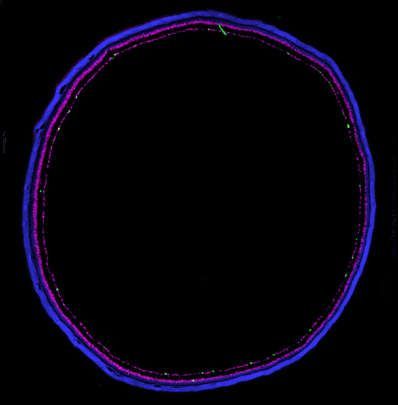Light falling on our retinas triggers signals that pass up the optic nerve, causing neurons to fire in the brain so we can process what we see. Long after scientists discovered this fact they have learned its not the whole story; some of the retina’s cells do the opposite, suppressing activity in the brain. It will probably be a long time before we really grasp the reasons for this, but it appears to make for a more stable circadian rhythm and therefore sleeping cycles.
Biologists call messages that increase neuron firing ‘excitatory signaling’ and those that reduce activity ‘inhibitory signaling’. It has been taken for granted for decades that the eye only produces excitatory signals.
Dr Takuma Sonada has overthrown that idea with a paper in Science, based on his work while a PhD student at Northwestern University reporting on a subset of retinal ganglial cells (RCGs) whose signals are inhibitory.
